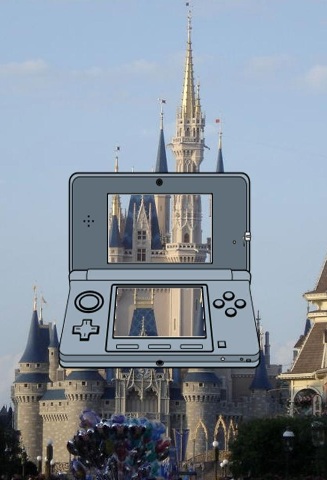 The think tank has raised considerable concerns regarding consumer safety and security.
The think tank has raised considerable concerns regarding consumer safety and security.
In 2012, a geolocation privacy bill by Senator Al Franken (D-Minnesota) was approved by the Senate Judiciary Committee, in order to provide the users of smartphones with a greater degree of control over the way that their data is controlled.
However, the Information Technology and Innovation Foundation feels this legislation is problematic.
The law that was proposed would make it necessary for app developers to require users to specifically opt in to programs that would allow for the collection or disclosure of geolocation data. It would no longer be permitted for apps to automatically select that option, so that users would need to actively opt out if they did not wish to share their information in that way.
The geolocation data was not being protected by the companies that collected it, said Franken.
According to the senator, the “Companies that collect our location information are not protecting it the way they should.” At that time, he made reference to a number of errors and blunders regarding privacy, which had drawn considerable media attention. This included reports that Android and iPhone devices were sending the geolocation data of their users to Google and Apple.
Not to mention the CarrierIQ fiasco. That company was a part of a high profile discovery in 2011, when the researcher demonstrated that its software was capable of logging the keystrokes that were made on smartphones.
While it is Franken’s intention to reintroduce the geolocation privacy bill in 2013, Information Technology and Innovation Foundation (ITIF), a think tank, is openly arguing that this proposed law may not encourage positive changes. In fact, it called the legislation “particularly problematic for apps that are supported by location-based advertising.”
It explained that the bill, which was designed to protect a user’s privacy in the face of geolocation technology and use, would require a user to have to give consent every time the app intends to work with a new ad network. This, they say, would generate awkward consumer notices. The think tank’s behaviors in the past have not indicated that they are adverse to advertising techniques such as pop-ups, which they recently used to state that they were rejecting do-not-track requests.

 Though there have been only unconfirmed rumors until now, the filing has provided confirmation.
Though there have been only unconfirmed rumors until now, the filing has provided confirmation.